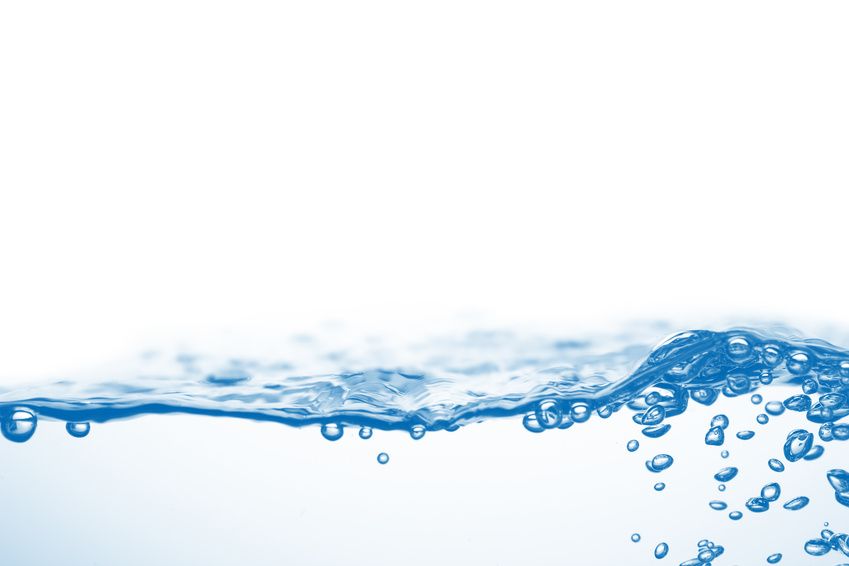
(Vienna, 23 October 2017) Silvia Cervero-Aragó from MedUni Vienna's Institute of Hygiene and Applied Immunology (CePII), Water Hygiene Working Group, is to receive funding from the Vienna Science and Technology Fund (WWTF) for a research project on urban water quality management as part of "Pilot Call Environmental Systems Research: Urban". The project, which is being conducted in collaboration with Vienna University of Technology (TU) is designed to identify strategies and important areas of activity for sustainable planning e.g. of wastewater treatment and combined sewer overflows.
Silvia Cervero-Aragó from MedUni Vienna’s Institute of Hygiene and Applied Immunology, Water Hygiene Working Group, succeeded with her application "The impact of Giardia spp. as a reference pathogen in urban water systems". WWTF (Vienna Science and Technology Fund) is to support the 4-year research project to the tune of 650,000 euros in total.
Future urban water quality management
The growth of conurbations throughout the world and climate change represent a huge challenge in terms of safeguarding people’s quality of life. An important aspect that affects human health is the quality of surface water in urban areas.
The aim of this project is to develop a methodology for sustainable planning of water resources that takes account of these future changes.
The urban system is considered as a whole, with all potential input pathways for waterborne pathogens: via sewage disposal, leaking sewers, rainwater overflows and input from animals. Giardia was selected as a reference pathogen: this is a protozoan parasite that causes infections in both animals and humans. The innovative use of molecular biological methods for quantifying genetic biomarkers makes it possible to determine the origin of faecal impurities and their significance for the quality of surface water in urban areas. A mathematical model will be developed to simulate the various contamination pathways, hydrological transport processes and the precautions that are required when bathing. It is hoped that the results will indicate possible strategies and important areas of activity for sustainable planning e.g. of wastewater treatment and combined sewer overflows. This methodology will be developed for the City of Vienna and the case of bathing water usage but can equally be adapted for other cities and other uses.
The project will be conducted within the Interuniversity Cooperation Centre Water & Health and will be led by Sílvia Cervero-Aragó (Principal Investigator) from the Institute of Hygiene and Applied Immunology, Water Hygiene Working Group (Center for Pathophysiology, Infectiology and Immunology) and Julia Derx, Vienna University of Technology (Co-PI).
Members of the project team:
MedUni Vienna: Sílvia Cervero-Aragó (PI), Julia Walochnik, Herbert Auer, Gerhard Lindner, Alexander Kirschner, Regina Sommer
Vienna University of Technology: Julia Derx (Co-PI), Alfred Paul Blaschke / Rita Linke, Andreas Farnleitner